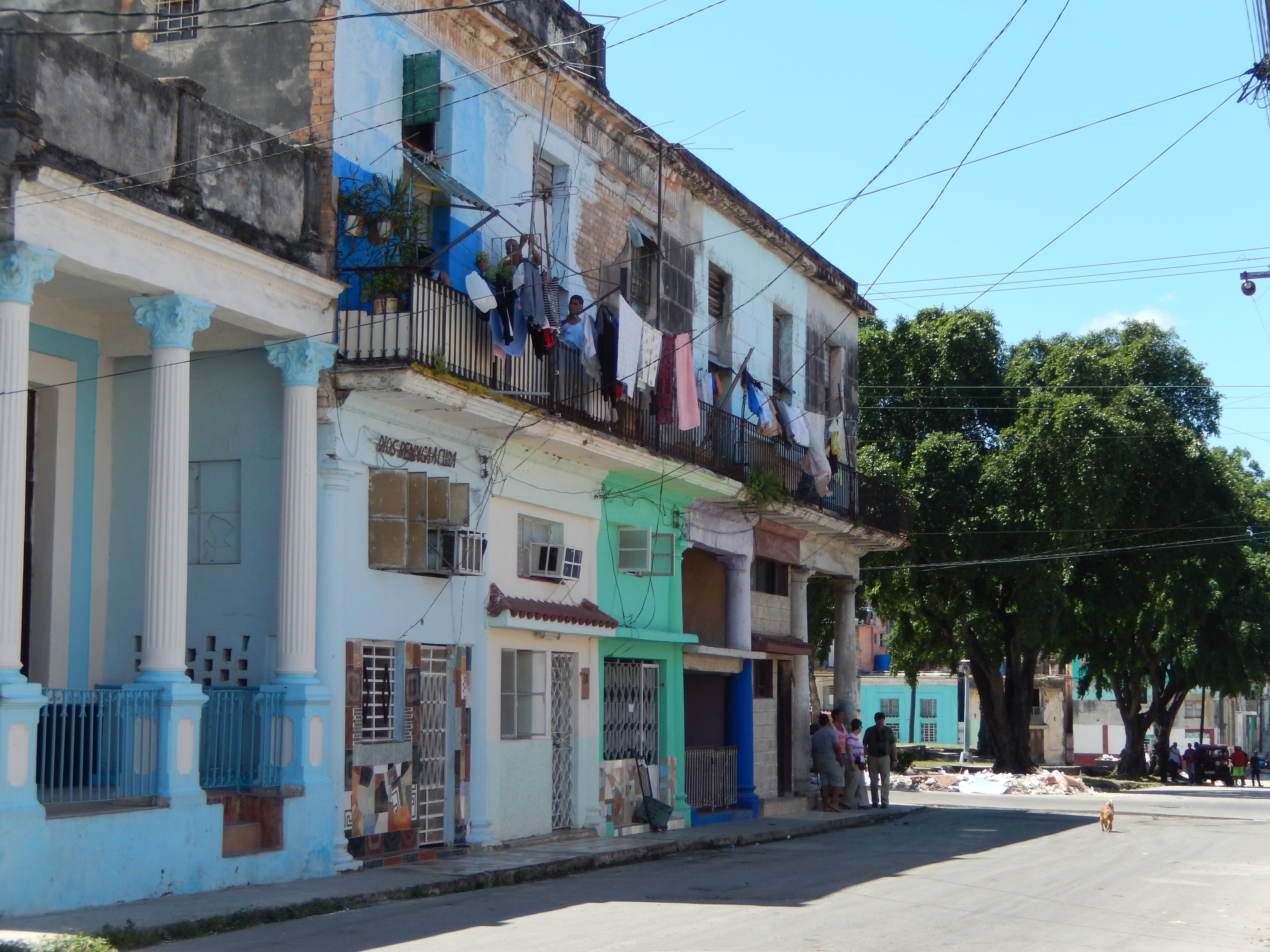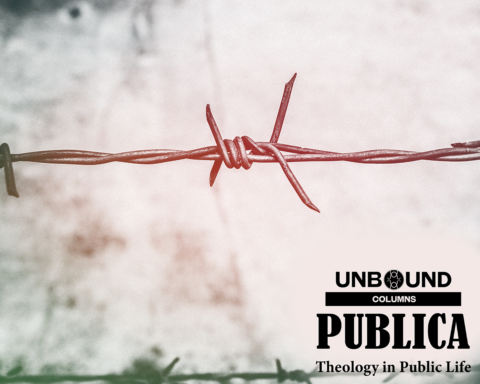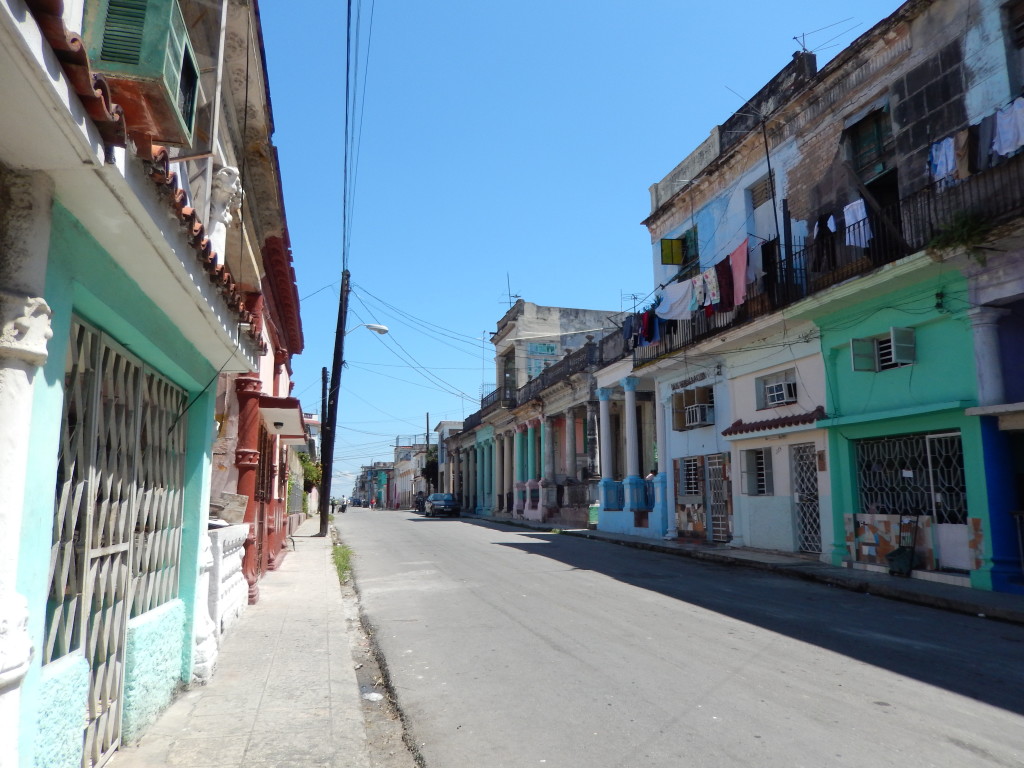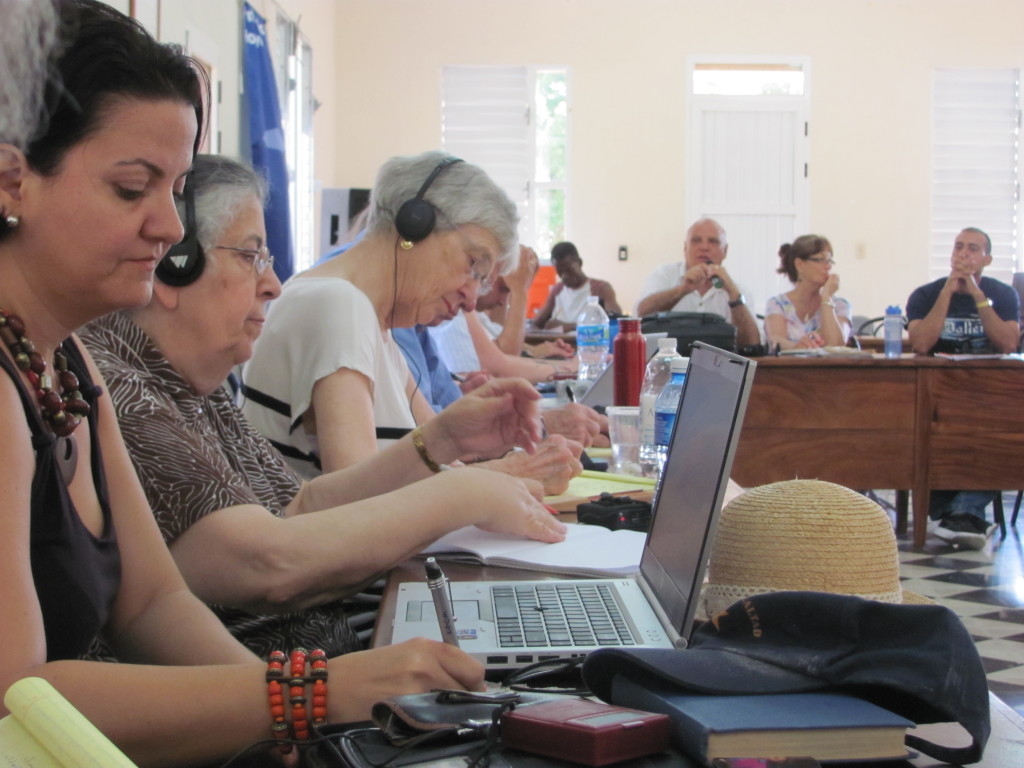A Summary of GA222 Action Item 12-07

“In fulfillment of the assignment of the 221st General Assembly (2014), in cooperation with the Cuban Partners Network, and after consultation with representatives of the Iglesia Presbiteriana Reformada en Cuba, the Advisory Committee on Social Witness Policy brings the following affirmations and recommendations to the 222nd General Assembly for full consideration.” Approve the following affirmations and receive the study and discussion questions:
Affirm Cuban and US Mission Achievements and Goals for the future, including increased partnership.
Affirm that the Cuban Revolution did not break all ties across the Florida straits and honor those who maintained connections; a joint labor of love that has sought to embody God’s peace across daunting ideological lines.
Call for a better and fairer relationship than our nations have had both before and after the 1959 revolution. In hopes of hastening the reconciliation of our peoples and our churches, this report was called for by the 221st GA (six months before President Obama’s announcement of mutual diplomatic recognition and efforts to end some remnants of the Cold War).
___________________________________________
In hopes of hastening the reconciliation of our peoples and our churches, this report was called for by the 221st GA (six months before President Obama’s announcement of mutual diplomatic recognition and efforts to end some remnants of the Cold War).
___________________________________________
While there is much to celebrate, ensuring a sustainable future will require much practical and painstaking work of reconciliation and ending remaining strategies intended for regime change.

Photo: ACSWP
The PC(USA) GA has sought to understand and respond to events since its 1969 Statement “Illusion and realities in Inter-American Relations”. While opposing all limitations on human rights in Cuba, the GA has repeatedly called for an end to the economic embargo and other sanctions that have divided families and limited economic development without bringing about political change. The GA through its mission agencies has supported the development of the Cuba Partners Network. The Network has fostered more than 80 partnerships, benefitting the church as a whole and this study in particular.
The Assembly states its appreciation for the ACSWP’s ability to meet with Cuban and U.S. government representatives.
This report affirms Cuba’s gains in some economic and social areas such as education and medical care, without ignoring its limitations on civil and other rights.
___________________________________________
While opposing all limitations on human rights in Cuba, the GA has repeatedly called for an end to the economic embargo and other sanctions that have divided families and limited economic development without bringing about political change.
___________________________________________
The study paper that supports these recommendations provides data and summary analysis on these topics: economic change and human values, social and racial concerns, Cuban American and Cuban Communities, the religious environment, the natural environment, political dynamics, military and security factors (with the U.S. and other nations in the region.)
Recommendations (with very brief rationale):

Photo Credit: ACSWP
In support of mutual mission engagement with the Iglesia Presbiteriana Reformada en Cuba (IPRC). This engagement will be based on the principles of “people –to-people” exchange for spiritual growth and learning. It will build on existing theological statements and study of partnerships and on past experiences of mutuality in mission: shared community projects; mutual visits to Cuba and the U.S.; increasing connection between the Evangelical Theological Seminary in Matanzas and U.S. seminaries; as well as pulpit and other exchanges.
Other recommendations in the report provide opportunities for mutual engagement in issues of importance to both societies: environmental/energy concerns; racial conflict and disparities; aging populations; hunger and food security; economic disparities all of which create the greatest burden on the most vulnerable in each society.
___________________________________________
There is substantial evidence that the embargo has had more impact on the Cuban people than on their government, hence this 55-year-old policy is an impediment to reconciliation.
___________________________________________
In support of the IPRC’s legal recognition and political autonomy. At present, only the Roman Catholic Church is officially recognized by the Cuban government as a religious entity in Cuba; the Protestant Churches are recognized in the “Law of Associations”. We support a legal status that goes beyond simple “association”, one that allows non-Roman churches like the IPRC to have the same recognition under Cuban law. This may also lead to more access to the Cuban government beyond the Office of Religious Affairs, especially with regard to social ministries and environmental/energy projects.

Photo: ACSWP
Regarding joint work to address Cuba’s Environmental concerns. Dr. Reinerio Arce and Seminary Dean Francisco Marrero stress the need for a change in mentality in regard to mutual environmental stewardship – “We can’t avoid being political because we are part of society …We need to educate for environmental responsibility …We need to do theological reading of the situation and we need to do it together.” Environmental concerns have been a key focus for the IPRC and the Cuban Council of Churches social outreach for many years. They are directly involved at the local level, and are hoping for more voice in shaping regional and national policies.
Specific concerns: Degradation due to industry/climate change; provision of purified drinking water; flooding concerns and support of environmentally responsible community agriculture.
To end the Embargo and subsequent Impedimentary Acts (Cuba Democracy Act – 1992, Helms-Burton 1996.) There is substantial evidence that the embargo has had more impact on the Cuban people than on their government, hence this 55-year-old policy is an impediment to reconciliation. To call for an end to the embargo is effectively to call for a new trade agreement, preferably one that allows Cuba’s full integration into a stronger Caribbean basin economy. This means revoking the Cuba Democracy Act, and also the Helms-Burton Act which states that the embargo cannot be lifted absent “free and fair elections” in Cuba and a “democratic government” minus the Castro brothers. This report encourages churches and communities in the U.S. and Cuba to emphasize “fair trade”, and in any new arrangement to consider the impact on U.S. and Cuban workers, the environment, migration, food sovereignty and Cuba’s most vulnerable citizens. Fundamentally, the embargo’s U.S. laws contravene international law, unless justified in terms of acts of war.
___________________________________________
The GA has been on record on the dismantling of Guantanamo since 1969.
___________________________________________
The PC(USA) has been on record through GA action on ending the Embargo since 1969; Helms Burton since 1997. This statement calls for fairness in adjudicating property claims and notes several non-zero-sum approaches to that issue.

Photo: ACSWP
On Immigration Policy: End the Cuban Adjustment Act, the Cuban Medical Professional Parole Program, and other preferential programs. The Cuban Adjustment Act is one of the most “preferential” immigration policies in U.S. history, and one of the most disruptive to normalizing relations. During both consultations numerous people including government officials, confirmed the significant role this asylum category plays in encouraging Cuban immigration to the U.S. Of specific concern is the “wet-foot/dry-foot “policy which was added as an update to the Cuban Adjustment Act to deter the large number of dangerous raft migrations. The Act allows Cubans expedited residency (ultimately citizenship) if they reach U.S. soil, but returns them to Cuba or a 3rd country if they are caught at sea.
The Cuban Medical Parole Program is particularly targeted at a strength of the Cuban medical and educational system by subsidizing relocation and citizenship for Cuban medical professionals (ranging from doctors, nurses and paramedics to sports trainers) and their spouses.
On the return of Guantanamo Naval Base and prison. Although the U.S. has hundreds of military bases in more than 70 countries, the Guantanamo Naval Base is somewhat unusual. It dates back to the U.S. seizure of Spanish territories after the sinking of the Maine in Havana Harbor and the U.S. intervention in Cuba’s fight for independence (called by the U.S. “the Spanish-American War”). Guantanamo originally served as a coal fueling station. In 1934 a perpetual lease for the base was contracted requiring both parties to agree to its termination. This follows the pattern of the 1902 Platt Amendment which authorized U.S. unilateral intervention into Cuba by the U.S. military. The U.S. sends a small rent check each year for Guantanamo that has been cashed only once since the Revolution of 1959 The U.S. presence has long been judged an unwanted foreign intrusion on Cuba’s sovereignty.
___________________________________________
At present, only the Roman Catholic Church is officially recognized by the Cuban government as a religious entity in Cuba.
___________________________________________
The GA has been on record on the dismantling of Guantanamo since 1969.
The current prison at Guantanamo was begun in 2002 under President George W. Bush. The administration argued that U.S. Constitutional protections did not apply to prisoners, since they were outside territorial U.S. and that the Geneva Conventions did not apply to prisoner treatment since the prisoners were “unlawful enemy combatants.” The GA has previously called for closing the prison and returning the naval base to Cuba. The prison weakens claims that the U.S. practices better human rights.

Photo: ACSWP
The GA passed a Resolution on Torture and Abuse of Prisoners naming Guantanamo and Abu Ghraib specifically in 2006.
Recommendation for a New Interdenominational Partnership Agreement between the PC(USA) and the IPRC in 2016. With the results of this study and recommendations a background, along with the 1986 mutual mission agreement and the subsequent 2000 reaffirmation (Sharing God’s Vision) of that partnership between the PC(USA) and the IPRC, we envision the 2016 Cuba Partners Network Meeting in Cuba as a venue for a broader participation toward this common reaffirmation. With appropriate funding and resources committed to this meeting, with leadership from the IPRC Synod and World Mission, Cuba Partners Network would engage in “Hermanamiento” (sisterhood) toward an updated, nuanced mutual agreement.
NOTE: This informational handout is heavily excerpted from the original. Please go to www.PC-BIZ.org for Item 12-07 or directly, https://pc-biz.org/#/search/3000076 Committee: Peacemaking and International Issues, (New Hopes and Realities in Cuban American Relations) for full text.
*****
AUTHOR BIO: Pat is a ruling elder, member of the First Presbyterian Church, Champaign, and a former GA vice-moderator of the 190th General Assembly of the UPC(USA) in 1978. She visited Cuba first in 1977 as a member of a NCC delegation to reopen relationship with the Cuban Council of Churches. She has made many visits to Cuba and maintains a long and durable relationship with members of the Presbyterian Reformed Church of Cuba. She currently serves as Secretary of the Steering Committee for the Cuba Partners Network. Pat is a retired clinical social worker and parent of four adult children along with husband Bill.
Read the full report 12-07: New Hopes and Realities in Cuban-American Relations: A ‘Nuevo Momento’.






Unbound Social